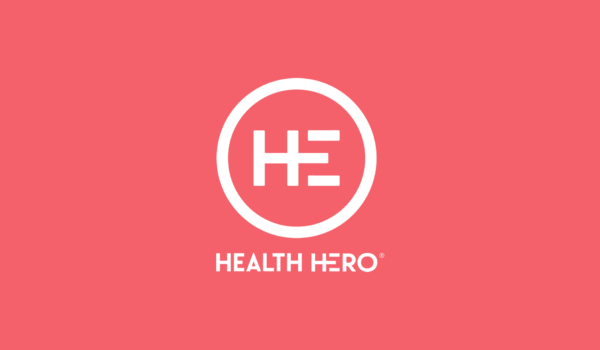We spoke to HealthHero’s Clinical Lead Product Builder, Laura Dengler, to get her perspective, as a clinician, on how artificial intelligence (AI) is used in healthcare. Read on for her thoughts on this transformative area of health tech.
As a medical doctor passionate about the intersection of healthcare and technology, I'm excited to share my perspective on guiding principles for AI in healthcare. My experience bridging clinical practice with digital solutions has given me unique insights into how we can harness AI to enhance patient care while maintaining the highest standards of safety and ethics.
The rapid advancement of artificial intelligence in healthcare and medicine presents incredible opportunities to improve patient outcomes and support healthcare providers. However, as we explore these new frontiers, it's crucial that we approach AI development and implementation thoughtfully and responsibly.
Here are some key principles that I believe should guide our efforts:
Prioritise patient safety above all when using AI in healthcare
As clinicians, our primary duty is to "first, do no harm". This ethos must extend to AI systems in healthcare. We must rigorously assess potential risks and implement robust safeguards to protect patients. This includes thorough testing in real-world clinical settings and ongoing monitoring of outcomes.
Maintain the human touch
While AI can augment our capabilities, it should never replace the critical role of human judgement and empathy in patient care. As a doctor who has witnessed the profound impact of compassionate care, I believe the use of AI in healthcare should be designed to enhance, not diminish, the patient-provider relationship.
Ensure transparency and explainability for patients
For AI to earn the trust of both clinicians and patients, we need to understand how these systems arrive at their conclusions. Black box algorithms have no place in healthcare decision-making. We must demand transparency in AI processes and be able to explain AI-assisted decisions to our patients.
Address bias and promote equity
As someone committed to providing equitable care, I'm acutely aware of how biases can creep into healthcare delivery. We must be vigilant in identifying and mitigating biases in AI systems to ensure they serve all patient populations fairly and effectively.
Foster interdisciplinary collaboration when developing AI systems
My experience working at the intersection of medicine and technology has shown me the immense value of collaboration. Developing effective and ethical AI solutions requires input from diverse perspectives - clinicians, data scientists, ethicists and patients working together grant the best possible outcome.
Prioritise data privacy and security
As guardians of sensitive patient information, we have a responsibility to ensure AI systems adhere to the highest standards of data protection. This is not just about regulatory compliance; it's about maintaining the trust that forms the foundation of the patient-provider relationship.
Commit to continuous learning and improvement of AI in healthcare
Medicine is a field of constant evolution, and our approach to the application of AI in health tech must reflect this. We should view AI implementation as an ongoing process of learning, evaluation, and refinement based on real-world performance and feedback.
Empower healthcare providers
AI should be a tool that empowers healthcare providers, not one that replaces or diminishes their role. As someone who has experienced the challenges of clinical practice firsthand, I believe AI solutions should be designed with the needs and workflows of healthcare professionals in mind. By adhering to these principles, we can harness the power of AI to transform healthcare while staying true to our core values as medical professionals.
As we navigate this exciting frontier, let's remain focused on our ultimate goal: improving patient outcomes and enhancing the quality of care we provide.



.png?width=800&height=450&name=Best%20workplace%20in%20healthcare%20blog%20post%20%20(3).png)
